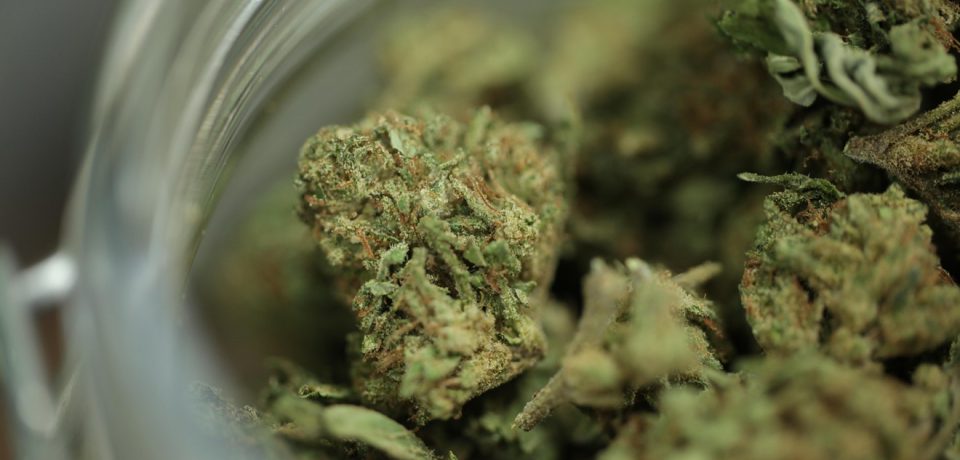THCA, or tetrahydrocannabinolic corrosive, is a cannabinoid compound found in crude weed plants. While it might sound like THC the essential psychoactive compound in marijuana, THCA has unmistakable properties and impacts because of its substance design and how it connects thca bud with the body’s endocannabinoid framework.
Synthetic Composition and Impacts
THCA is the forerunner to THC and is bounteously present in crude or newly reaped marijuana plants. Dissimilar to THC, THCA is non-inebriating, meaning it doesn’t deliver the euphoric “high” normally connected with marijuana utilization. This is on the grounds that THCA should go through an interaction called decarboxylation to change over into THC, which happens when marijuana is presented to intensity or light, like through smoking or vaping.
Expected Remedial Benefits
Despite the fact that THCA doesn’t create psychoactive results all alone, research recommends that it might offer a scope of possible restorative benefits. Studies have shown that THCA exhibits calming, neuroprotective, and antiemetic (against queasiness) properties. These properties make THCA a promising contender for treating conditions, for example, arthritis, neurodegenerative illnesses like Alzheimer’s and Parkinson’s, and chemotherapy-initiated sickness and vomiting.
Various Techniques for Utilization
Since THCA is available in crude pot, people can consume it by squeezing crude marijuana leaves or integrating them into smoothest or mixed greens. However, it’s fundamental for note that warming or drying marijuana will change over THCA into THC, so consuming crude weed is the best method for getting to THCA’s expected benefits without encountering psychoactive impacts.
Legitimate and Administrative Status
In areas where pot is lawful for clinical or sporting use, THCA might be accessible in different structures, including colors, cases, or edibles. However, it’s crucial for check neighborhood guidelines with respect to the legality and availability of thca bud items, as regulations might differ relying upon the ward.
THCA is a non-inebriating cannabinoid found in crude pot establishes that offers likely restorative benefits for different medical issue. While it differs from THC in its substance design and impacts, THCA shows guarantee as a characteristic solution for irritation, neuroprotection, and sickness help. Understanding the distinctions among THCA and THC can assist people with coming to informed conclusions about marijuana utilization and investigate its expected benefits for wellbeing and health.


